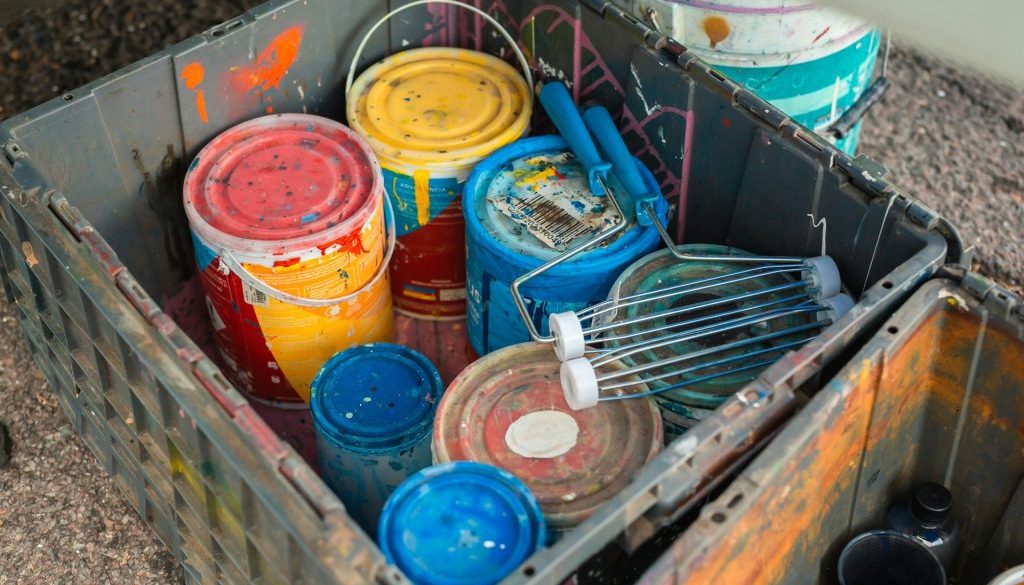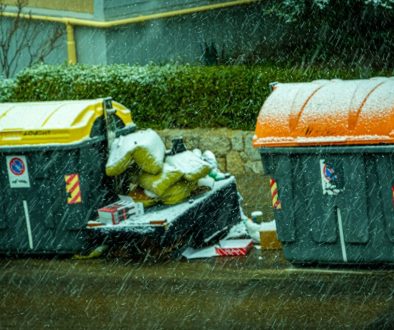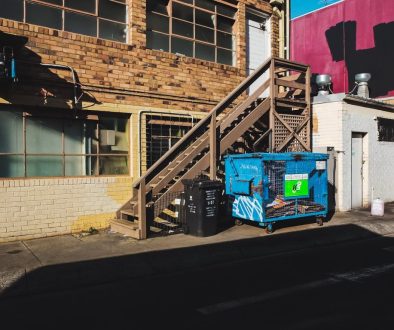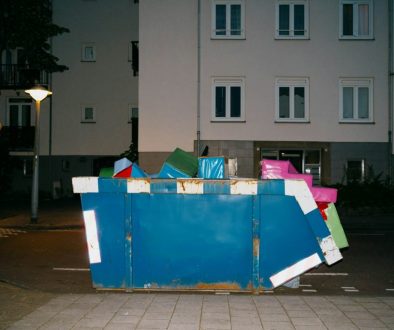Hazardous waste lurks in many homes without anyone even realising it. From cleaning chemicals under the sink to leftover paint in the garage, these items pose risks if not managed well. Understanding the potential dangers and recognising what constitutes hazardous waste is crucial for safeguarding both your health and the environment.
By adopting simple changes in how you store, use, and dispose of these materials, you can significantly reduce their harmful impact. Many people don’t know just how many everyday items in their homes can be classified as hazardous. Learning to handle them responsibly is a key step in reducing your environmental footprint.
This journey isn’t just about personal responsibility—it’s a community effort, too. As you become more aware of hazardous waste, engaging in community initiatives can amplify your impact, ensuring a cleaner, safer environment for everyone.
Understanding Hazardous Waste in the Home
Hazardous waste consists of items that pose a risk to health and the environment when improperly disposed of. Many everyday household products fall into this category, including batteries, cleaning chemicals, and paints. These items are often used without considering their potential harm, making it essential to identify them.
Improper disposal of hazardous waste can lead to severe consequences. Chemicals from cleaners and old paint can seep into the ground, contaminating water sources. Batteries contain heavy metals, like lead and mercury, which can leach into the soil and water, posing risks to wildlife and humans. Recognising these dangers is vital to protecting the environment and community health.
To manage these items responsibly, start by identifying which products in your home are hazardous. This awareness helps prevent them from ending up in regular rubbish, where they can cause harm. Developing a system for handling these products can significantly reduce the risks associated with their disposal.
By recognising and properly managing these items, households can contribute to a safer and cleaner environment.
Safe Storage and Use of Hazardous Materials
Storing hazardous materials safely is crucial to prevent leaks and accidents. Always keep these items in their original containers, as this ensures they are labelled correctly with safety information. Place them in a cool, dry area, away from children and pets, to minimise risk.
When using hazardous products, follow the instructions carefully. Wear protective gear like gloves and masks if recommended, and avoid mixing different chemicals, as this can produce dangerous reactions. Ensure good ventilation by opening windows or using fans to disperse fumes while using such products indoors.
Reducing the consumption of hazardous materials is another effective strategy to minimise their impact. Opt for eco-friendly alternatives, such as homemade cleaning solutions or natural pest repellents. Many stores offer green products made from less harmful ingredients, which can effectively replace hazardous ones.
Here are a few tips to help you reduce hazardous materials at home:
1. Choose Eco-Friendly Products: Use vinegar or baking soda for cleaning instead of harsh chemicals.
2. Buy in Small Quantities: Purchase only what you need to avoid leftover products.
3. Consider Natural Alternatives: Use plants to deter insects rather than chemical sprays.
By adopting these practices, households can reduce the hazards associated with these materials, promoting safety and sustainability.
Proper Disposal Methods for Household Hazardous Waste
Disposing of household hazardous waste correctly is crucial for protecting both people and the environment. Local councils offer collection services tailored for hazardous waste. These services often operate at specific times, allowing residents to dispose of items like paints and chemicals safely.
Mixing hazardous waste with regular rubbish can lead to severe pollution issues. Mixing can release toxins into the environment, so it’s essential to handle these items separately. Always ensure that hazardous materials are clearly separated to prevent accidental contamination. This separation helps in maintaining a cleaner environment and reduces potential health risks.
Designated drop-off points are available for specific items such as electronics, oil, and old batteries. These points ensure materials are handled by experts who know how to recycle or dispose of them safely. Frequently, retail stores and recycling centres will have special bins or days for collecting hazardous items. By using these drop-off points, you contribute to a safe and healthy waste management system.
Promoting Safe Practices Through Community Involvement
Encouraging community engagement in hazardous waste disposal promotes sustainable practices. Community recycling days open opportunities for collective action, where everyone can bring their waste for safe disposal. These events also help spread awareness around responsible waste management and often inspire others to participate.
Local initiatives can create a substantial impact. Support groups that organise community-wide recycling and waste disposal programmes. Your participation and enthusiasm can influence others and amplify the effect, fostering a sense of responsibility towards reducing hazardous waste.
Community programmes often offer educational sessions that teach safe disposal and waste reduction. They aim to inform residents about the types of hazardous materials typically found in homes and how to manage them properly. By participating in these programmes, you not only learn but also contribute to creating a more informed community that cares about the environment.
Conclusion
Safely managing hazardous waste in the home is essential for protecting health and the planet. Proper storage, use, and disposal practices ensure that hazardous materials do not pose risks. As more people adopt these habits, the cumulative impact significantly supports sustainability and environmental safety.
Engaging in community efforts amplifies individual actions, making waste reduction initiatives more effective. By collaborating with local initiatives, everyone plays a part in ensuring cleaner neighbourhoods. At Enviro Skip Hire, we understand the importance of these actions. That’s why we provide services and skip hire in Chester to make hazardous waste disposal straightforward and efficient. Let us help you on your journey towards more responsible waste management. Contact us today to get started.




